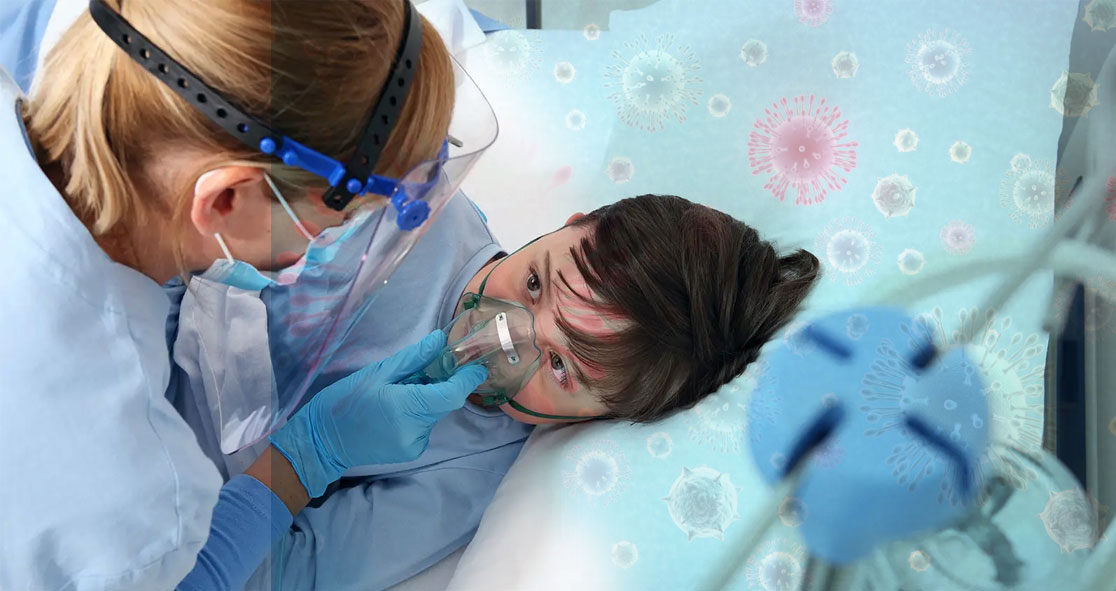A new UK study, published in The Lancet Child and Adolescent Health, has found that at least 1 in 20 children hospitalized with COVID-19 develop neurological complications associated with the disease, according to Science Daily.
The study, led by the researchers of the University of Liverpool, identified a wide range of brain and nerve complications in children, suggesting that they may be more common in children than adults hospitalized with COVID-19.
From April 2020 to January 2021, the researchers identified 52 cases of children below 18 with neurological complications among 1,334 children hospitalized with COVID-19.
Of those, eight children presenting with neurological features did not have COVID-19 symptoms, although the virus was detected by PCR.
The study also found that over two-thirds of children with COVD-related neurological complications were of Black or Asian background.
The children who displayed multiple neurological features had symptoms of encephalopathy, stroke, behavioral change, and hallucinations and they were more likely to require intensive care. Some of them had prolonged seizures, encephalitis (brain inflammation), Guillain-Barré syndrome, and psychosis.
The study’s first author Dr. Stephen Ray said, “The risk of a child being admitted to hospital due to COVID-19 is small, but among those hospitalized, brain and nerve complications occur in almost 4%.”
“Our nationwide study confirms that children with the novel post-infection hyper-inflammatory syndrome PIMS-TS can have brain and nerve problems, but we have also identified a wide spectrum of neurological disorders in children due to COVID-19 who didn’t have PIMS-TS,” he added. “These were often due to the child’s immune response after COVID-19 infection.”
Senior author of the study Dr. Rachel Kneen said, “Many of the children identified were very unwell. Whilst they had a low risk of death, half needed intensive care support and a third had neurological disability identified.”
“Many were given complex medication and treatments, often aimed at controlling their own immune system,” she added. “We need to follow these children up to understand the impact in the long term.”
Another senior author Dr. Benedict Michael said, “Now we appreciate the capacity for COVID-19 to cause a wide range of brain complications in those children who are hospitalized with this disease, with the potential to cause life-long disability, we desperately need research to understand the immune mechanisms which drive this.”
“Most importantly- How do we identify those children at risk and how should we treat them to prevent lasting brain injury?” he added.
“We are so pleased that the UK government has funded our COVID-CNS study to understand exactly these questions so that we can help inform doctors to better recognize and treat these children.” The story was published in Science Daily.























